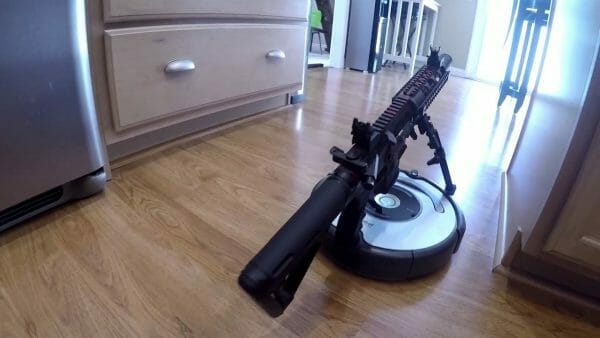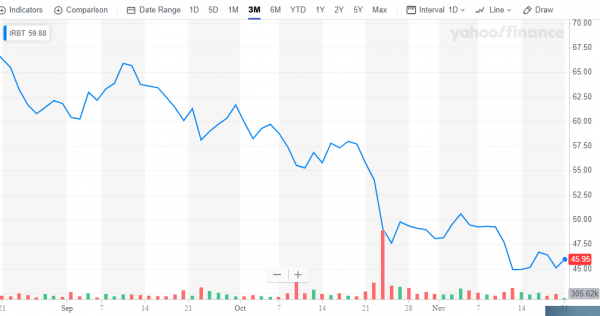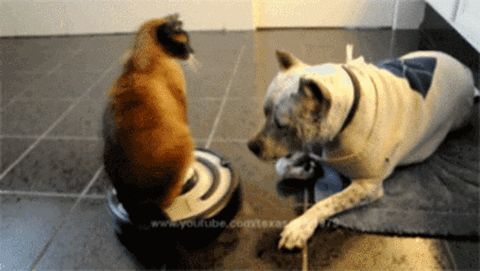Massachusetts-based roomba designer, iRobot (IRBIT.Q), working with manufacturing solutions provider, Jabil Inc, announced production commencement on the creation of new robots ahead of schedule in Malaysia today.
iRobot has expanded its manufacturing capabilities into Malaysia as part of its strategic supply chain diversification initiative. Jabil has served as one of iRobot’s trusted manufacturing and supply chain partners in China since 2010.
“Establishing manufacturing operations in Malaysia is a fundamental component in our initiative to diversify iRobot’s manufacturing and supply chain capabilities, while also mitigating our exposure to current and prospective tariffs on products that are imported from China,” said Colin Angle, chairman and chief executive officer at iRobot.
The company is responsible for the Roomba and Braava family of mopping robots. Founded in 1990, iRobot has grown to over a billion dollar in valuation, and employs more than 700 people in the U.S. and more than 1,000 people globally. The government contracts and the Roomba came about at the same time. The company used their robots in the service of good instead of evil—preferring to use PackBot to map radiation levels after Fukushima, and again sending defense underwater robots to identity giant subsurface oil pols after the Deepwater Horizon disaster. Then, of course, the Gulf War, where iRobot’s defense bots saved thousands of lives defusing bombs and IEDs.
But those were contracts and the Roomba was a product they could market and sell, so they went with the Roomba and spun out their defense wing into a company called Endeavor Robotics.
We’ve always had a love-hate with robots. For every Rosie the Robot there’s five Terminator flicks to terrify (or bore) us. Our relationship hearkens back probably to what French philosopher Jean Baudrillard calls the simulacra, in which he argues that a simulacrum is not a copy of something real, but in fact, becomes real in its own right. A different kind of understanding of real—like a copy of a copy without an original.
So it’s either robots enslaving us for our own good out of some variety of programmed noblesse oblige (as in Asimov’s iRobot) or robots exterminating us because we’re inferior (Terminator, et al.), but this company hasn’t been involved in government contracts since 2016, so unless the prospect of an army of Roomba’s cleaning their way to a cybernetic apocalypse strikes you with existential terror, you’ll probably be alright.

Cost cutting in Malaysia
This move to Malaysia and the subsequent downturn is likely the blowback from the ongoing trade war between the United States and China, as iRobot looks to the lower-cost manufacturing offered by Malaysia for a safe harbour in the brewing storm.

The downtrend is despite their continuing earnings beat streak, as they topped their estimates by 128.78% while sales beat the same by 11.71%. The company reported earnings of $1.24 per share for the quarter. Earnings, adjusted for one-time items, were $1.50 per share, representing growth of 11.9% from the year-ago figure of $1.34.
“Taking this project from start to finish in less than a year was a massive undertaking that required detailed planning, scenario modelling and crisp execution by our operations team and our partner, Jabil. As we move forward, we believe that our investment to establish manufacturing operations in Malaysia will serve us well as the global demand for home cleaning robots across multiple categories continues to grow,” said Angle.
Let me be the first to say: I for one welcome our new artificial overlords.
—Joseph Morton

